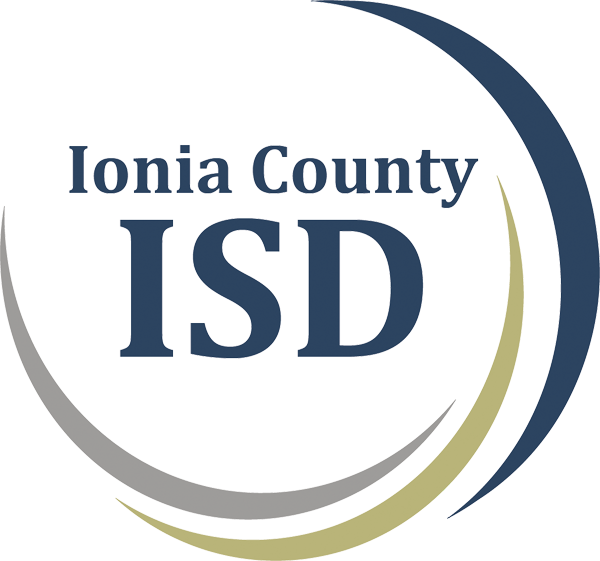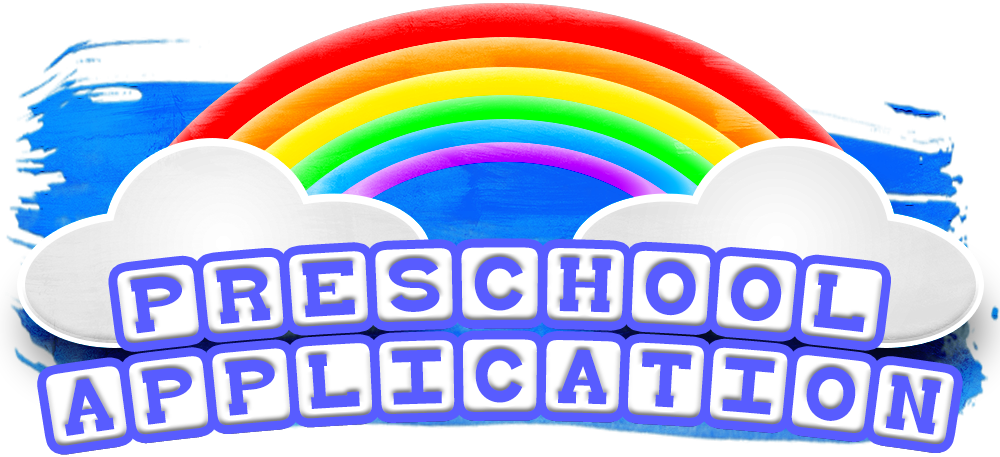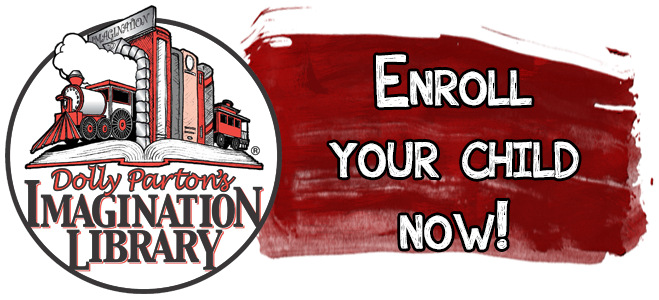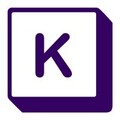Evaluation Process
The evaluation process can be overwhelming and stressful for families as it is something most people are not familiar with. It is hard to envision what “testing” a child under three must look like because for most of us testing means pencils, papers and school! The process is meant to be non-invasive and family-friendly. As the evaluators work with your child they will attempt to explain what they are doing and why they are doing it. There are a LOT of questions that parents are asked, so feel free to take your time or ask to have something repeated if you need to. Below are several questions and answers to help you understand what will be occurring during the evaluation stage of the process.
When will the evaluation happen?
Once a referral is made to the Ionia ISD the parent will either receive a phone call or a letter informing him/her that their child has been referred; and of the need for the evaluation. Every child must have an evaluation to be considered eligible for Early On. You have seven days (7) to consider whether or not you want to proceed with the evaluation. You can waive this right and keep moving the process forward if you desire.
Where will I go for the evaluation?
Typically the evaluation is done right in your own home as this is where your child is the most comfortable. Sometimes the evaluation is done at childcare or at a relative’s home if that is what a parent prefers.
How do I prepare my child?
Most of the time, no preparation is needed with this age group. When someone comes into your home with fun things to play with and do, most kids become engaged. If you want to try to prepare your child just tell them that a special visitor is going to come over and play some games with both of you.
How long will the evaluation take?
The length of time it will take for the evaluation can vary depending on the age and needs of your child. Typically, we tell parents to plan approximately 1 to 1 1/2 hours for the first visit. There are a lot of forms that need to be signed during this first meeting. Often, based upon what the first evaluator finds, other specialists such as speech therapists, occupational therapists, etc. may asked to see the child as well. Sometimes, these evaluations are part of a special education assessment. On some occasions, based upon the information received at the time of the referral, one or more specialists may come on the first visit to begin their evaluation. The evaluation process should be completed within 45 calendar days.
What is considered a developmental evaluation?
The evaluation is the first step in determining if your child may be eligible for Early On. There are four parts to the evaluation:
- Developmental history including prenatal, birth, and health history as well as information about your child’s developmental milestones up to the point of the evaluation;
- A health assessment which is sent to your doctor to complete. The health assessment will also include hearing and vision screenings;
- A developmental assessment that includes all of the following areas: cognitive, communication, fine motor, gross motor, self-care and social-emotional and;
- Observation of the parent and child interacting together.
Many parents wonder what they will be expected to do during the evaluation
The process typically starts with parents signing many forms such as:
- the Early On Consent for the evaluation. This provides your written consent for the evaluation.
- the Interagency Release of Information. This allows us to share information and receive information from other agencies that you might be involved with or might need to be connected to.
- Parent Report to document your child’s history and health and development;
- Sensory Processing Observation Form to get information about how your child processes and integrates information he obtain from a variety of senses;
- Family Activity and Routines Interview Form to get an idea of how your child is doing with respect to typical daily activities and what types of activities might be a concern for you.
After permission to do the evaluation has been secured, the evaluation process can begin. During the evaluation, information will be gained by asking you questions, reviewing the information solicited on the forms, observing you and your child during play or during typical routines you do in your home and asking your child to perform specific tasks. Often times the evaluator might ask you to help out by getting your child to do a specific skill, such as pointing to named pictures in a favorite book or making marks on a paper with a crayon. Sometimes, the evaluators might use you to model an activity, “Mom, can you put the block in the cup?” Just relax and follow the examiners lead. Most assessments are designed to start with activities that will be easy for your child but the tasks will gradually get harder. This is a feature of all assessments, so don’t worry if your child reaches a point where he is not able to perform all of the skills being tested.
What will the evaluator do?
For the most part, it will look like the evaluators are playing with your child. Sometimes they will use special objects, toys or books that they brought and sometimes they will want to use the things your child uses everyday at home. The evaluators will make notes on an assessment form about what your child does. The assessment form provides the evaluator with guidance about what types of skills your child should be doing based upon his/her age.
What happens when the evaluation is done?
Usually after that first or second evaluation session, the evaluators have some idea of whether or not your child may be eligible for Early On or Special education. Sometimes we need to wait until all of the information from all the evaluators is brought together to determine eligibility. Once that has been done, you will be contacted and informed of your child’s eligibility. Again, you will have 7 days to consider your child’s eligibility and if you want to proceed. If you choose to, you may waive this 7 day period and continue on with the process. After the evaluations are complete, the information will be put into a report and shared with you. The next step in the process is to develop your child’s Individual Family Service Plan (IFSP).



